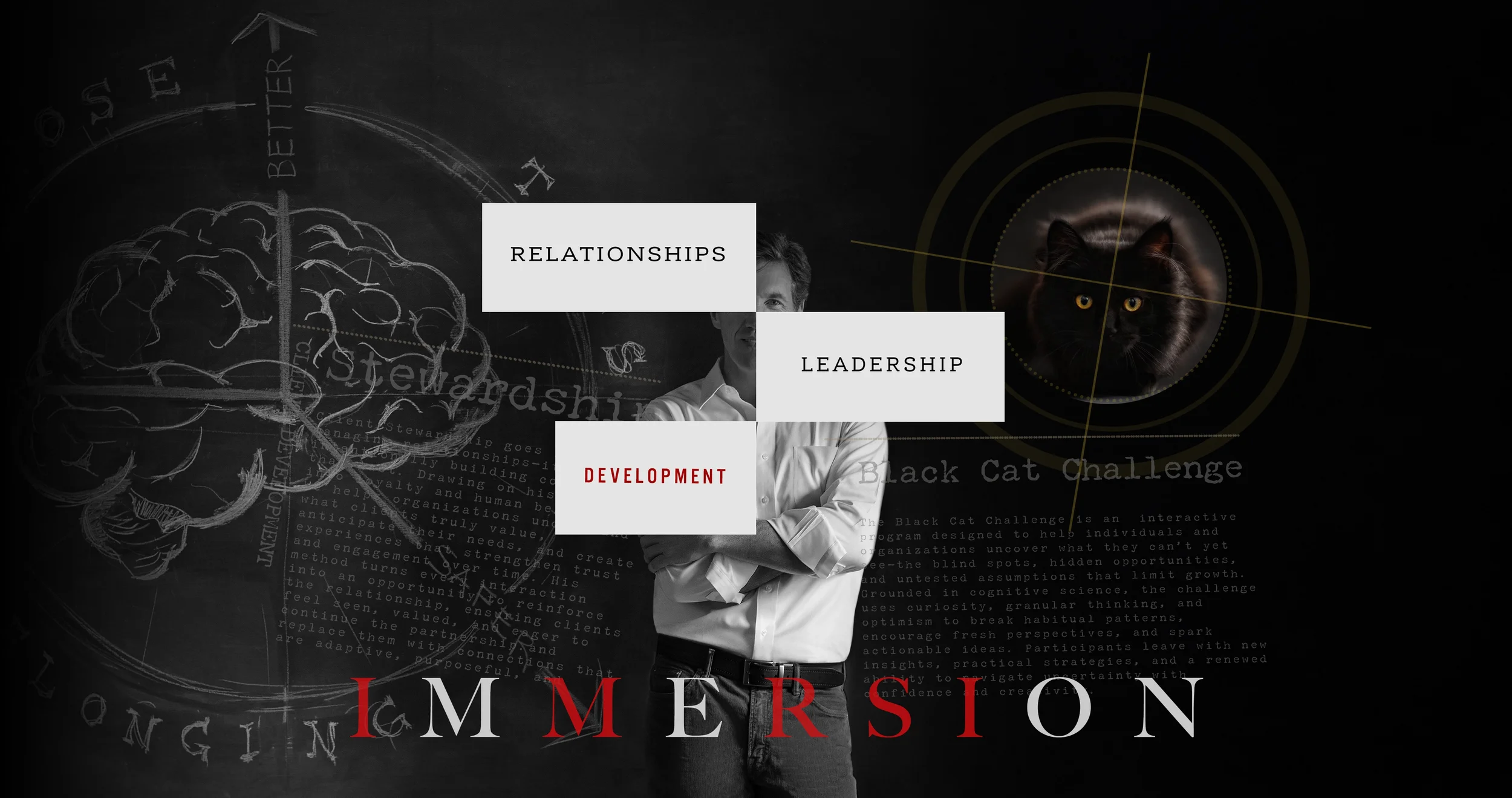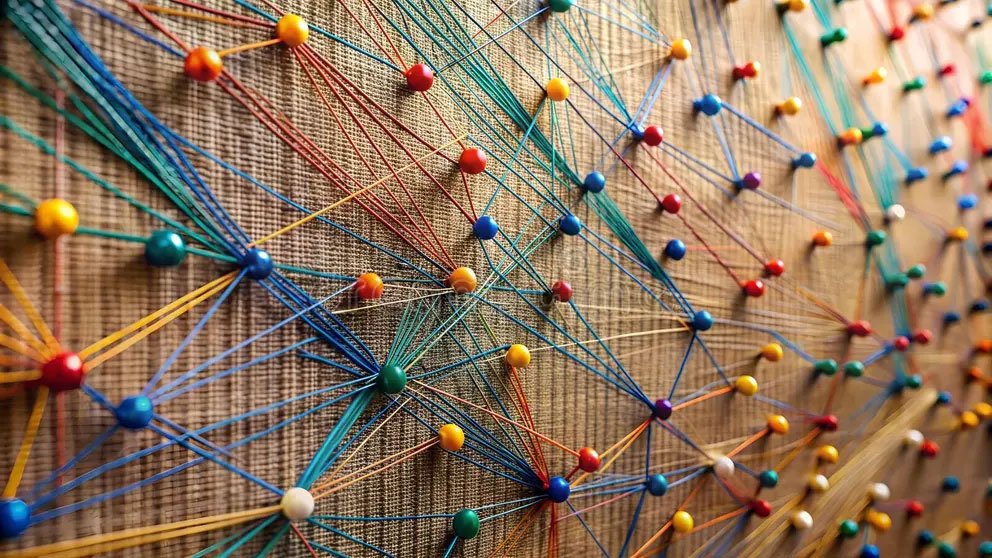
The Science of Connection
how to adapt, lead & thrive in an era of constant change
Teaching is more than transferring knowledge. It requires understanding how people learn, what motivates them, and what leads to real changes in behavior and attitude.
But that’s only half the equation. Knowledge alone isn’t enough. It must be paired with know-how. Every teaching, training, and development program should produce both. The goal is participants who know what to do and how to do it, both on their own and with a team.
-

LOYALTY
Bonds That Endure
There is a formula for loyalty—unseen cognitive forces that determine whether people stay or leave.
-

RESILIENCE
Relationships That Adapt
Resilience is not about grit or determination. It’s about understanding the invisible ties that hold you back.
-

COLLABORATION
Networks That Thrive
The secret to building truly cohesive teams has been hiding in plain sight for billions of years.
-

CULTURE
Foundations That Inspire
Culture isn’t accidental. It’s crafted with intention—achieving what strategy alone cannot.
PROCESS
Balance & Flow
Teaching follows a flow line. If it’s too challenging for participant’s skills or experience, they get anxious and start pushing back. If it’s too simplistic and fails to challenge them, they get bored and check out.
Learning By Doing
We’ve been conditioned to believe we learn by being taught—when experts pass their knowledge to us. But that’s not how learning really happens. We learn by doing.
Rewards & Incentives
Feedback loops and failure are essential for learning and behavior change. But without the right support, both can just as easily lead to discouragement and stop people from continuing their growth.
Empathy vs. Agency
Learning requires empathy—the ability to understand and imagine information you receive from others. But agency—the ability to control and direct that information, is just as critical for knowledge to stick.
The Importance Of Failure
Failure can accelerate learning, but only when there’s a reason to learn from it, not just feel embarrassed by it. Our willingness to move past failure is often the best measure of that incentive.
Learned Cultures
Cultural goals differ from business goals, but both rely on clear outcomes, defined processes, and people acting in specific ways. The behaviors that shape culture aren’t automatic, they need to be taught.
